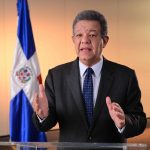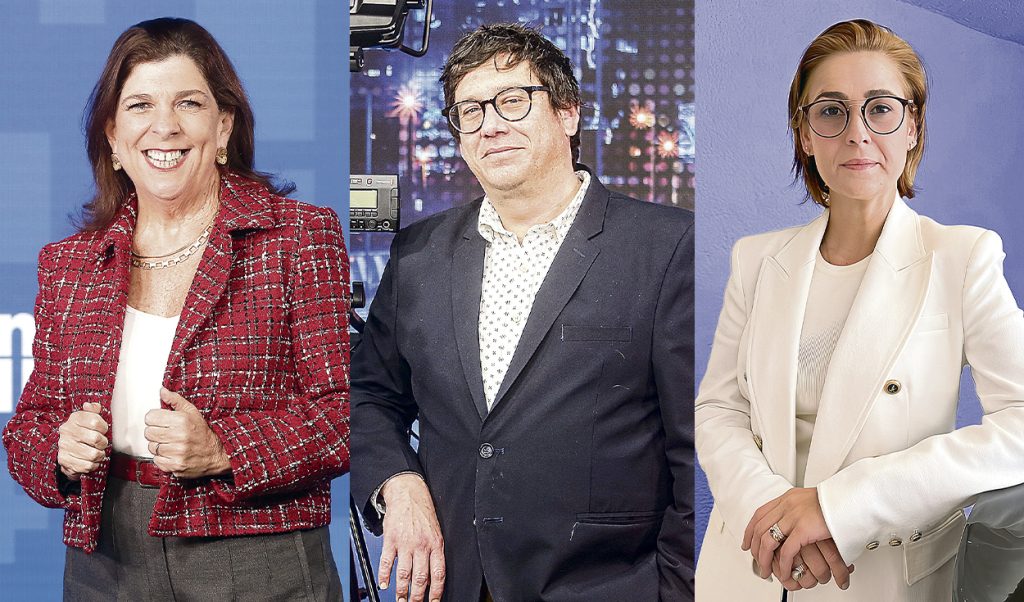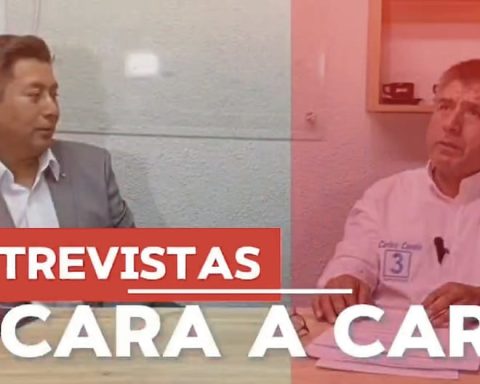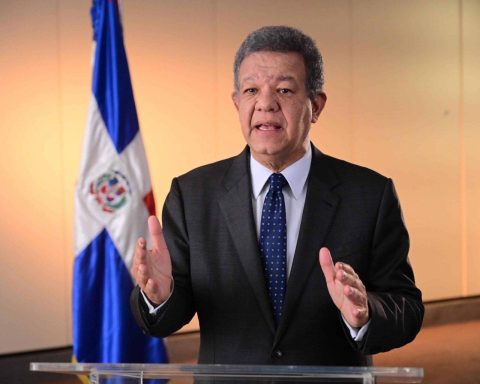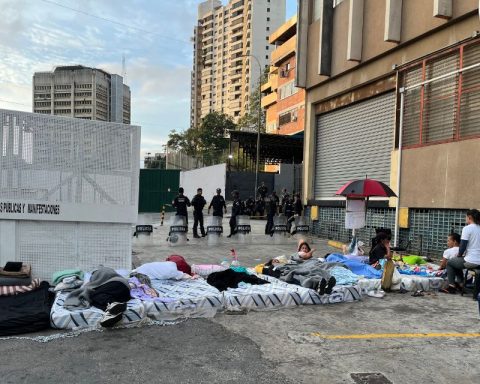Laura Poy Solano
La Jornada Newspaper
Saturday, November 9, 2024, p. 11
The general director of the National Institute for Adult Education (INEA), Armando Contreras Castillo, announced that one of the goals to reduce the educational gap this six-year period is the literacy of at least 500 thousand people.
Within the framework of the first extraordinary session 2024 of the College of Directors of the State Institutes and Heads of the INEA Operation Units, he detailed that so far this year nearly 30 thousand people have been literate, while 210 thousand 684 young people and adults completed primary education and 330,856 finished secondary education.
Contreras Castillo pointed out that the strategy will be implemented together with other projects to reduce educational lag.
In Mexico the illiteracy rate is 4.7 percent, that is, more than 4.4 million people aged 15 and over do not know how to read or write.
According to data from the National Institute of Statistics and Geography (Inegi), the highest percentage of the population in this condition is concentrated in adults aged 75 years and over, with 26 percent.
They are followed by the population between 60 and 74 years of age, who represent 12.1 percent of those who do not know how to read and write, while another 5.1 percent are between 45 and 59 years old, so 43.2 percent of the population that is serving with this strategy exceeds 40 years of age.
In the country’s capital alone, which has the highest schooling rate nationwide, the local government reported in September 2023 at least 107,444 illiterate people. Of them, 68.6 percent are women. Meanwhile, more than 80 thousand are over 45 years of age.
The head of the institute presented the bases for the next six years and announced the long-term goal is that INEA has the possibility of providing upper secondary education. He highlighted that a census and register of the educationally backward population that is served will be carried out, in addition to agreements with universities to call a greater number of students providing social service to the work of literacy.
At the meeting, agreements were established in order to declare the country as a territory free of illiteracy by the year 2030
.






